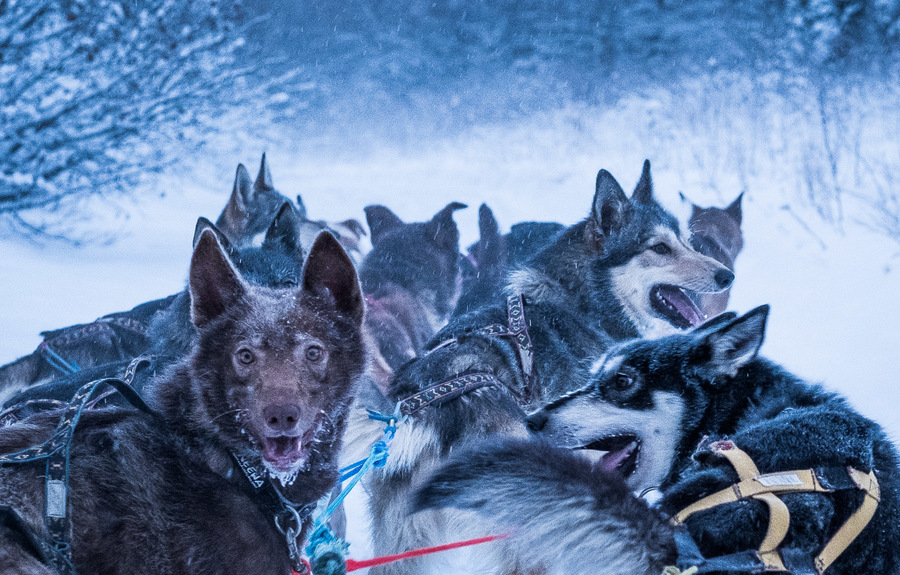
Kilcher looks back while mushers pause to fix tangled lines on Wednesday, Dec. 28, outside Fox, Alaska
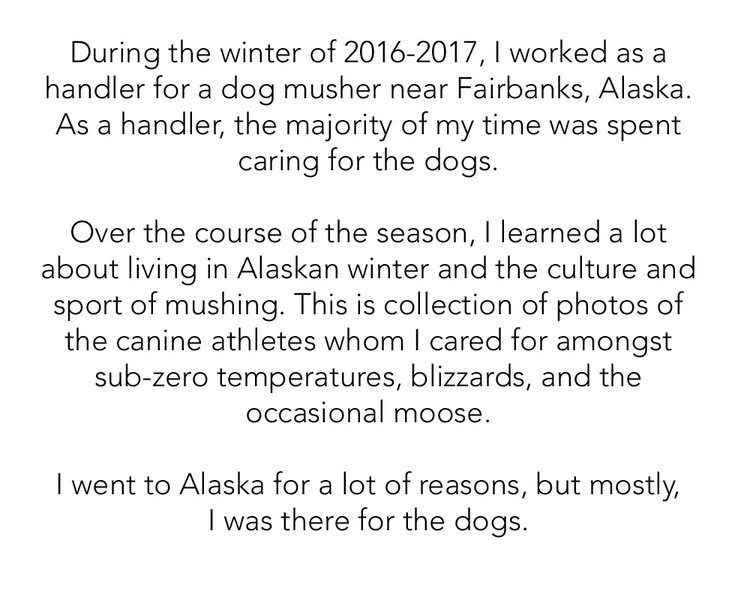
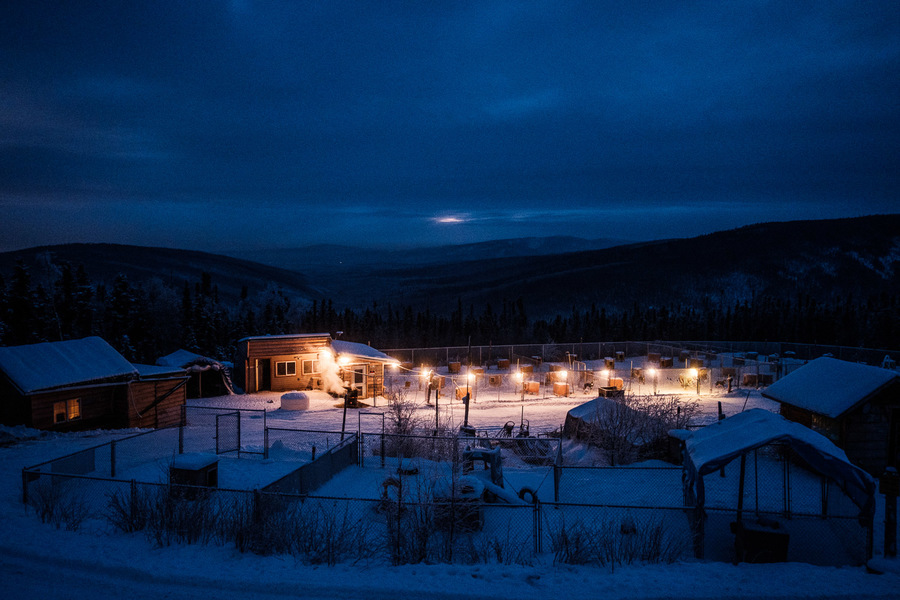
The sun rises at Lance Mackey's Comeback Kennel on Wednesday, Dec. 21, outside Fox, Alaska.
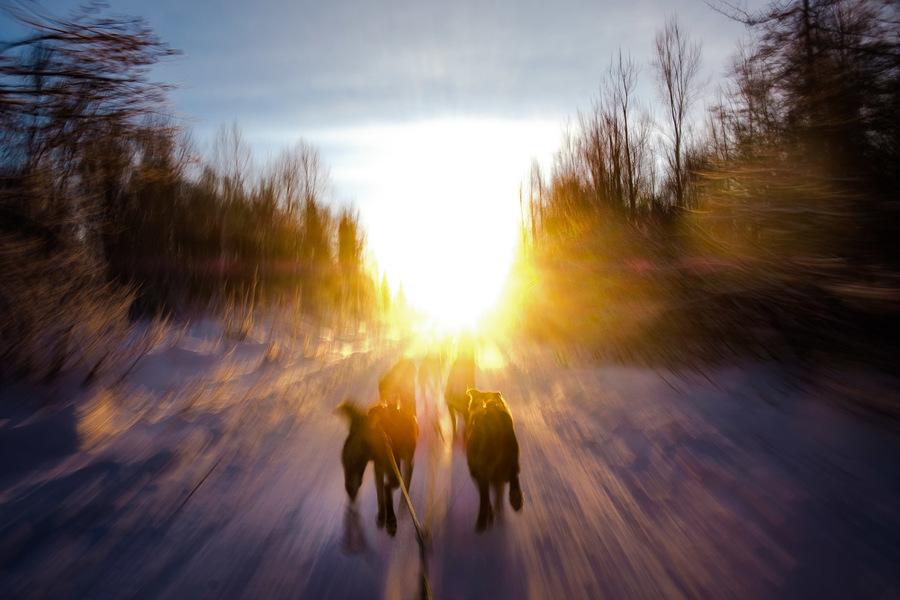
A team runs during sunset on Sunday, Jan. 8, outside Fox, Alaska.
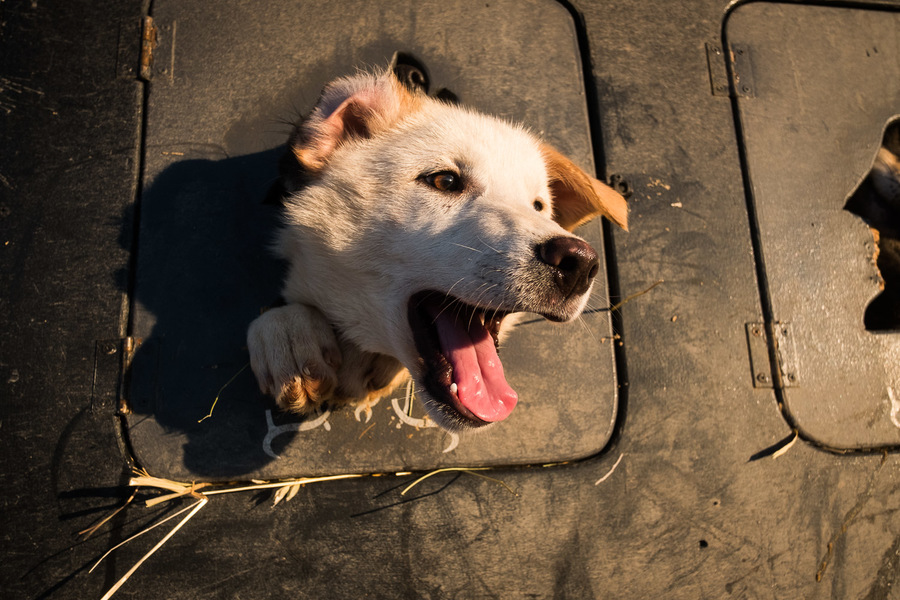
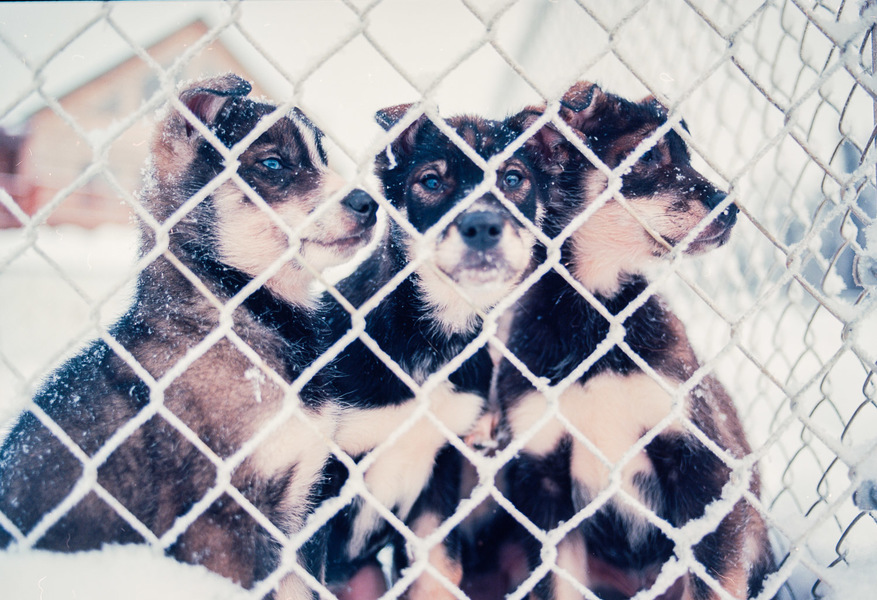
Puppies are kept together to socialize until they reach a certain age.
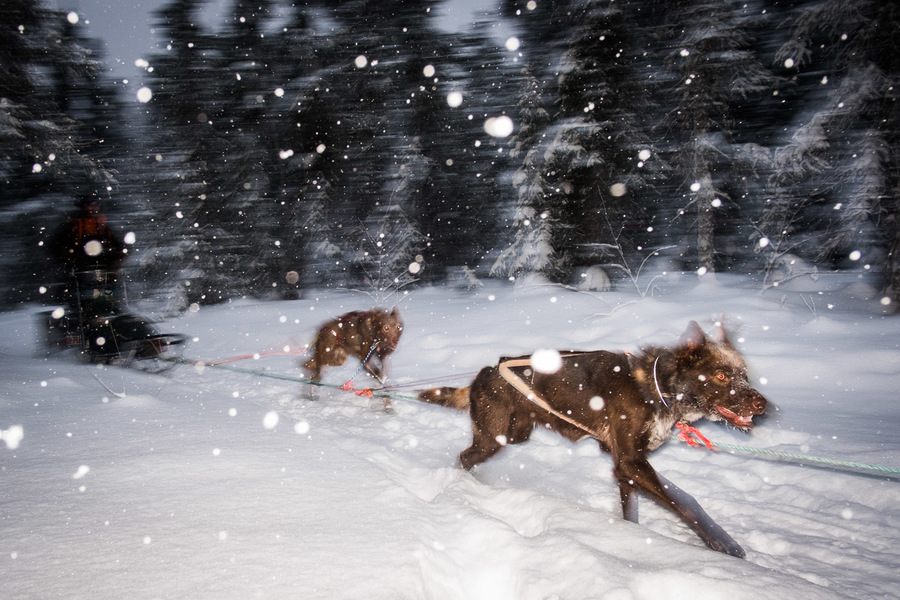
Dogs are trained to race in a variety of weather conditions to prepare for future races. Mushers often venture out while it is snowing to prepare the dogs for deep, powdery conditions they might encounter in a race.
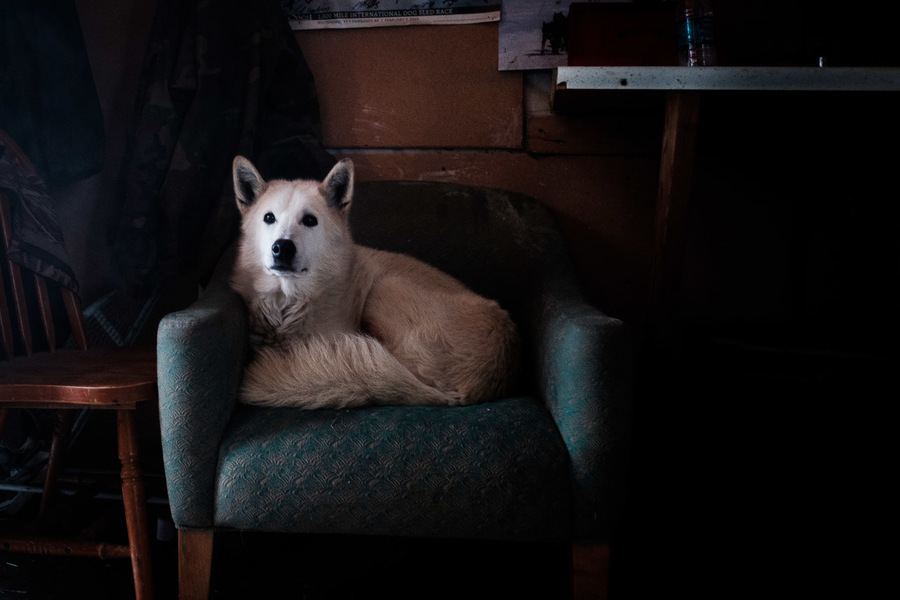
Retired dogs are often allowed to roam the yard after they have passed their prime. Boy-Cuz likes to avoid the elements in a cabin near the pens that is left open for the dogs to sleep in during the night.
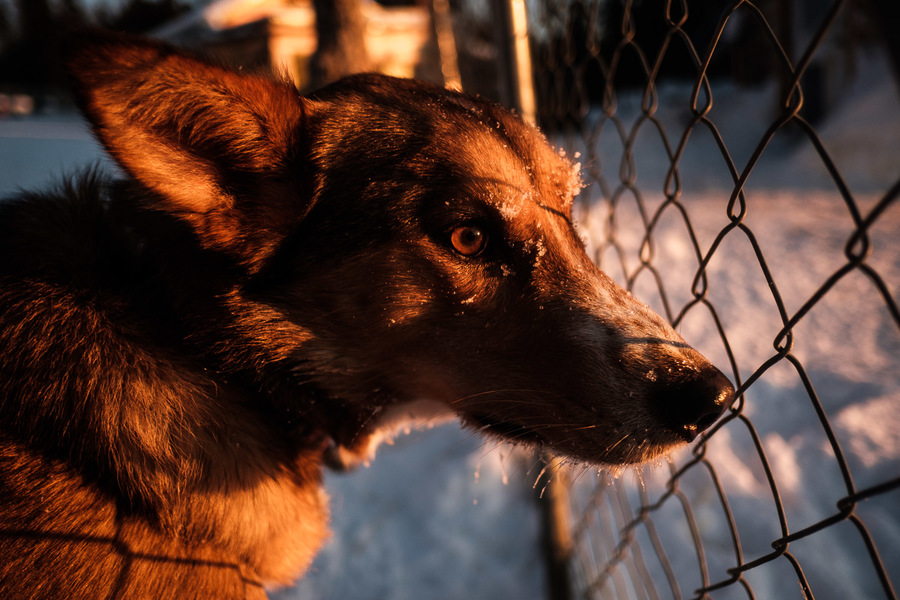
Snooz waits to be unharnessed after a run on Sunday, Jan. 8, at Lance Mackey's Comeback Kennel outside Fox, Alaska
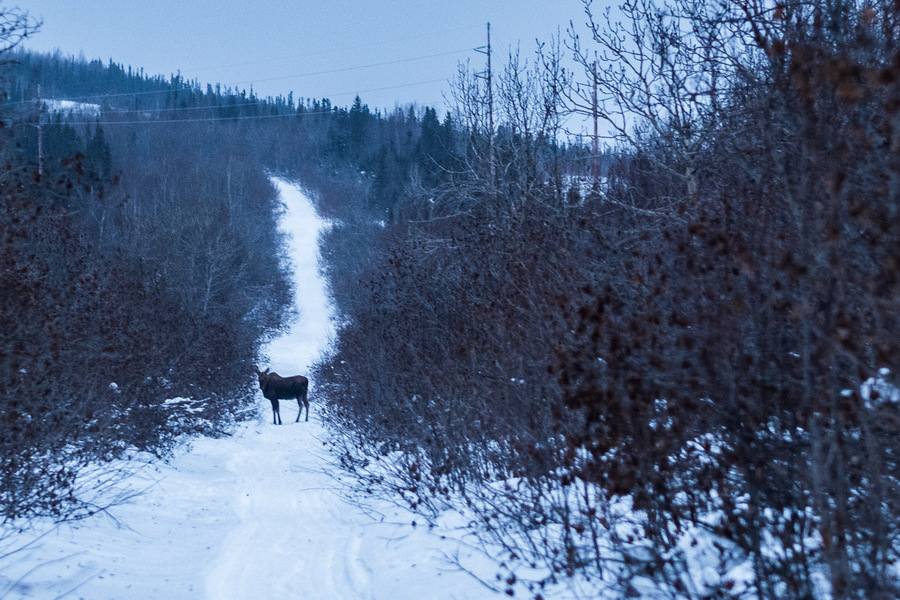
A moose on the trail can be a frightening encounter. One angry moose can devastate a sled-team and seriously injure a musher if disturbed. Mushers often carry firearms to scare off moose they encounter on the trail.
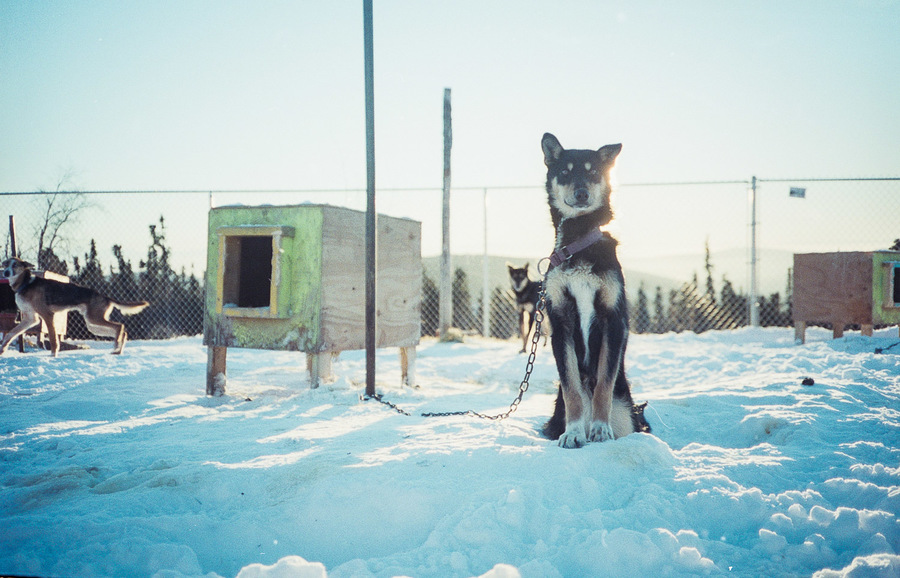



Several dogs look out of their dog-boxes before being unloaded and taken to their pens. Dog trailers are common in the mushing community as they are the most efficient way to transport dogs to races and around the country.

Klepto inspects the camera while his photograph is being taken on Friday, Feb. 3.

Mushers outside of Fox, Alaska often train along the Alaska Pipeline on a series of trails that surround the area.

It's not uncommon to see a retired dog roaming the property.


A team waits at the first checkpoint during the Two Rivers 200 on Saturday, Jan. 20, at the Angel Creek Lodge in Fairbanks, Alaska


